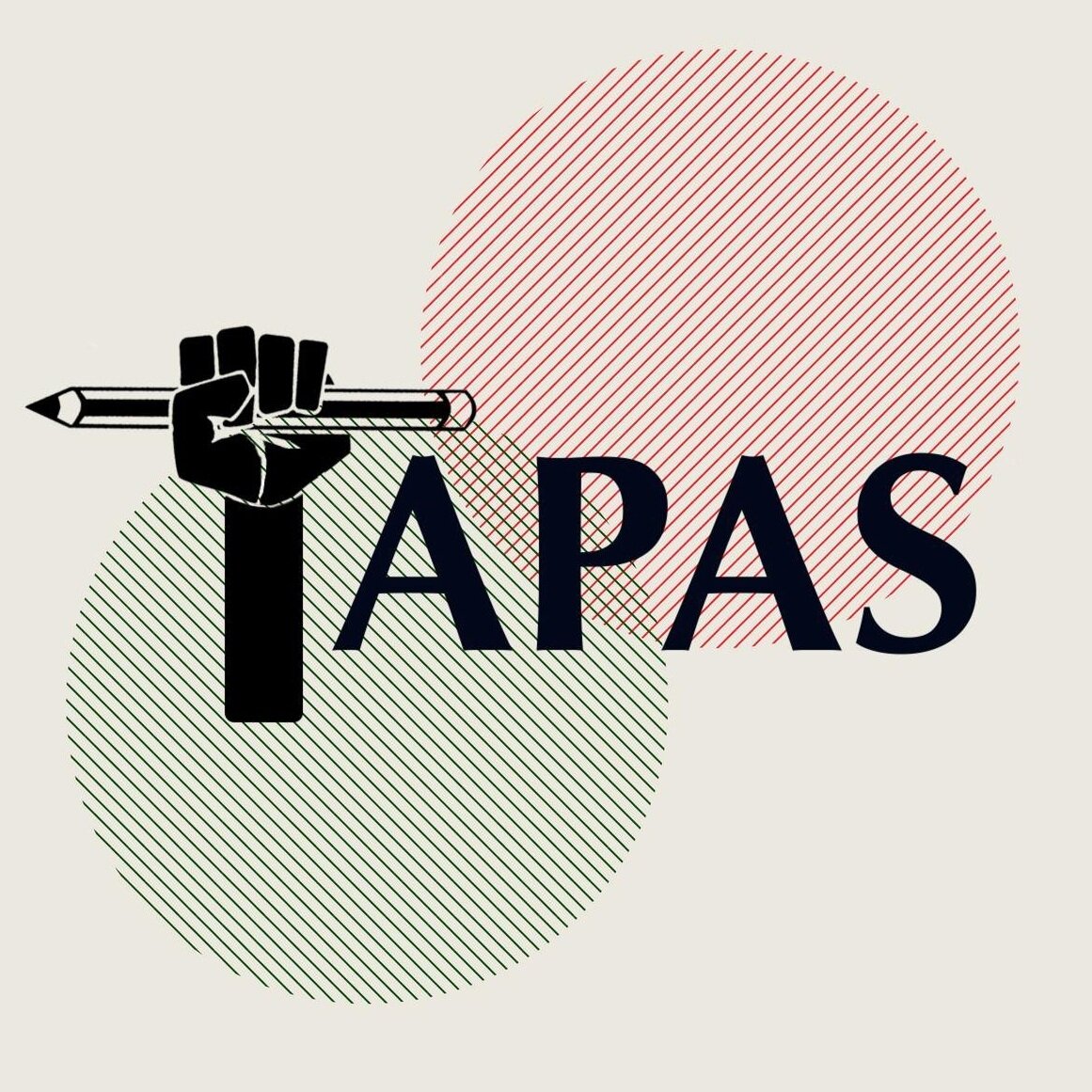Julie Chung - Redefining “Inclusive” Science: Hawai‘i’s Multicultural Settler Colonial Context
In response to stark indigenous health disparities, researchers at the University of Hawai‘i Department of Native Hawaiian Health (DNHH) have incorporated Native Hawaiian culture, knowledge, and community voices into their community-engaged research projects. However, these scientists regularly grapple with the legacies of extractive academic research practices in Hawai‘i’s settler-colonial history and present. How do scientists navigate their positionality as researchers and individuals accountable to Native Hawaiian communities? How has navigating this role affected the epistemology and methodology of scientific research? Through 10 weeks of participant observation at the DNHH, this thesis identifies the ways in which researchers strategically engage and disengage with historically extractive tools of scientific knowledge production to improve Native Hawaiian health. I marshal literature from Science and Technology Studies, Ethnic Studies, and Native Studies as a novel approach to tracing the relationships between health research, colonial mappings of the Pacific, and multicultural settler colonialism. My study demonstrates that Hawai‘i’s multicultural settler context has shaped the moral demands of scientific generalizability and the aesthetics of “minority” research in Hawaiian health studies. This project illuminates strategies for researchers seeking to engage in knowledge production that is more accountable to Indigenous and other marginalized communities today.
Contact for full thesis. TAPAS members may directly access the PDF via the TAPAS Google Drive.
